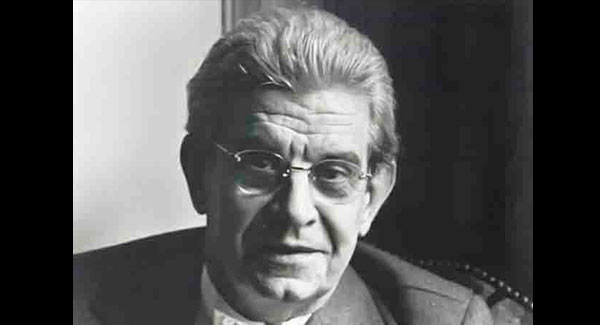Scan barcode
A review by glenncolerussell
How to Read Lacan by Slavoj Žižek
5.0

Slavoj Žižek - Slovenian psychoanalytic philosopher, cultural critic and all around Marxist bad boy. You might not agree with his philosophy or politics but one thing is certain - he has the uncanny ability to explain difficult theories and concepts in vivid, comprehensible language.
Since one of my own areas of interest in Jungian psychology, I thought it wise to gain at least a basic understanding of another major theorist in the world of psychoanalysis - Jacques Lacan. To this end I tried reading an introductory text but had no luck since technical, obscure language filled the pages right from the first chapter. So I tried this introduction by Slavoj Žižek. Bingo! I enjoyed reading the entire book and now I have at least a modest grasp of the great French analyst’s thinking. To share some of the flavor of Slavoj Žižek’s instruction on how to read Lacan, here are several quotes from the book coupled with my comments:
“Lacan started his ‘return to Freud’ with the linguistic reading of the entire psychoanalytic edifice, encapsulated by what is perhaps his single best-known formula: ‘The unconscious is structured as a language.’ The predominant perception of the unconscious is that it is the domain of irrational drives, something opposed to the rational conscious self. For Lacan, this notion of the unconscious belongs to the Romantic philosophy of life and has nothing to do with Freud.” ---------- To illustrate this point, Slavoj Žižek gives the example of how there was a factory worker accused of stealing every evening when he left the factory. Night after night, the guards would very carefully check the wheelbarrow he was pushing to make sure he wasn’t hiding anything belonging to the factory. But then one night the guards finally got the point – he was stealing wheelbarrows. “This is the first thing to bear in mind about the way the unconscious works according to Lacan; it is not hidden in the wheelbarrow, it is the wheelbarrow itself.”
“For Lacan, psychoanalysis at its most fundamental is not a theory and technique of treating psychic disturbances but a theory and practice that confronts individuals with the most radical dimension of human existence. It does not show an individual the way to accommodate him- or herself to the demands of social reality; instead it explains how something like ‘reality’ constitutes itself in the first place." ---------- Perhaps this is why nowadays Lacan is encountered more in academic departments of philosophy, linguistics and literature rather than actual clinical practice: his theory isn’t about curing sickness or improving people’s ability to function in society; rather, his psychoanalytic framework can provide a more penetrating approach to the ways in which we construct the building blocks of our perception and understanding of the world.
“For Lacan, the goal of psychoanalytic treatment is not the patient’s well-being, successful social life or personal fulfillment, but to bring the patient to confront the elementary coordinates and deadlocks of his or her desires.” ---------- This statement gives a hint that Lacan is not overly optimistic about the human capacity to have all our desires satisfied – at best, we reach a more complete awareness of the structure of our psyche and why our dissatisfaction is a very human reality.
“In order to unlock the secret treasures of Freud, Lacan enlisted a motely tribe of theories, some from the linguistics of Ferdinand de Saussure, through Claude Levi-Strauss’s structural anthropology, up to mathematical set theory and the philosophies of Plant, Kant, Hegel and Heidegger." ----------- Slavoj lets us know right in his introduction that he will not delve into the details of linguistics or anthropological theory as it is used in psychoanalytic treatment. He takes a different tact, linking a passage from Lacan to areas we are all more familiar, such as film and current day politics. This is the beauty of this introduction – you learn a good bit about Lacanian theory and have fun along with way.
“It is clear that none of these versions (of toilets) can be accounted for in purely utilitarian terms: a certain ideological perception of how the subject should relate to the unpleasant excrement that comes from within the body is clearly discernible in it." ---------- Here Slavoj is talking about the difference between a French toilet, an American toilet and a German toilet and how each culture betrays its ideology and vision of life with their respective design of this bathroom gadget.
“When a judge speaks, there is in a way more truth in his words than in thee direct reality of the person of that judge; if one limits oneself to what one sees, one simply misses the point. . . . What is missed by the cynic who believes only his eyes is the efficiency of the symbolic fiction, the way this fiction structures reality.” ----------- Slavoj Žižek provides a lucid explanation of how a society and nation’s legal institution with its body of law forms this ‘effective symbolic fiction’ to make sure the judge’s words have much more punch than simply those pronounced by a single individual. The author also ties in this example with Lacan’s psychoanalytic theory.
